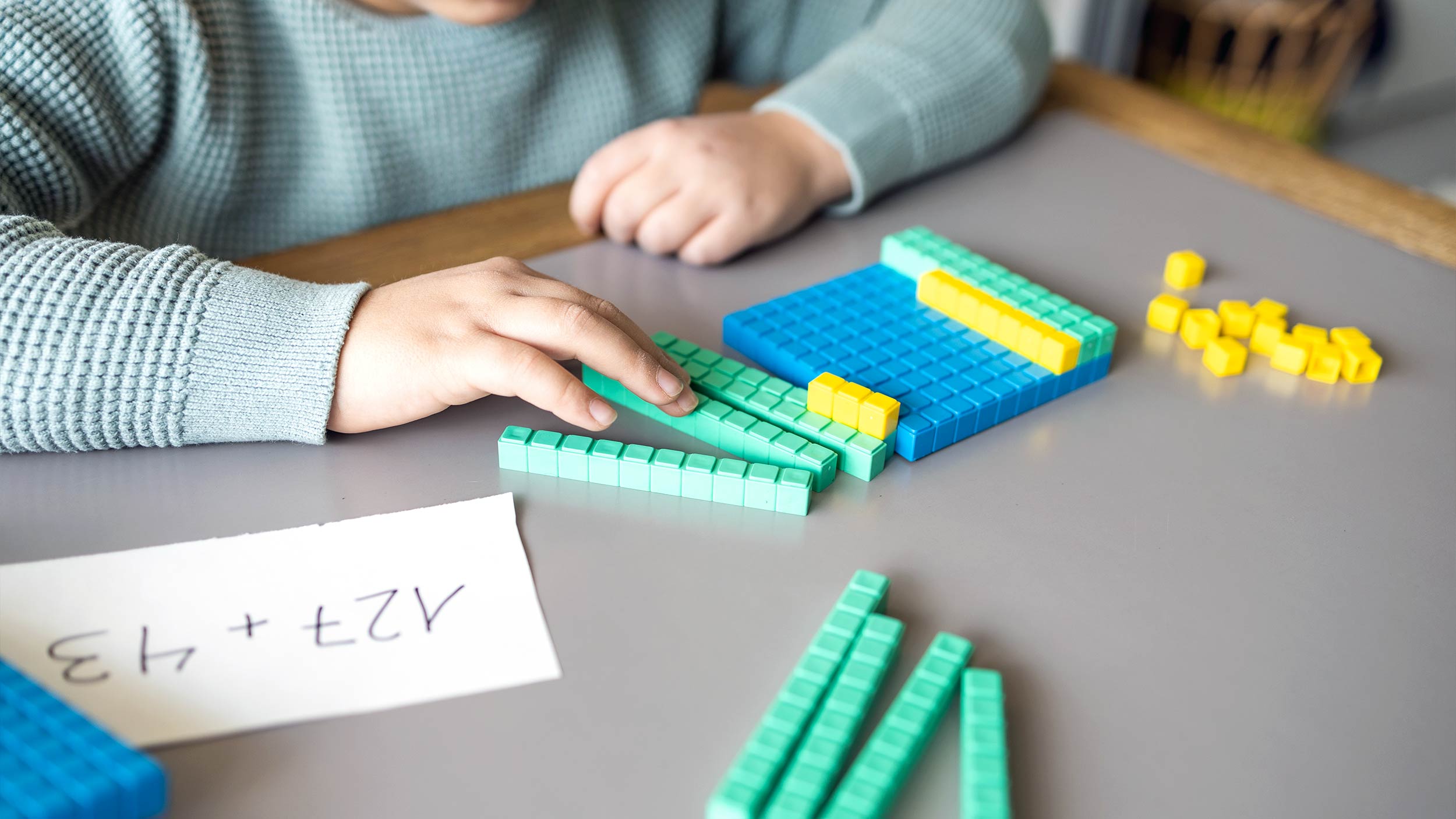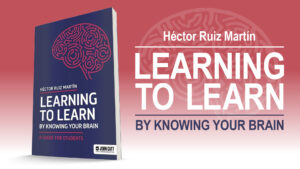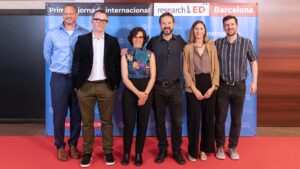Learning Mathematics
Before considering what kind of mathematics we want our students to learn, perhaps we should ask ourselves what mathematics really is in the first place. Because what usually happens is that two different subjects are taught under the same name: does learning mathematics involve understanding a series of procedures instrumentally? Does it involve identifying the numbers of interest and their associated operation in a set of standardized exercises? Or, on the contrary, does it involve a deep and relational understanding of the mathematical objects involved in different problem situations?
ISTF, January 17, 2023

The mathematics learning process of our students should be first seen as a process of exploration, which offers students the possibility of accessing the subject through their own prior knowledge and intuitive reasoning, so that everyone can be involved in one way or another. At the same time, the practice of mathematics involves getting stuck at some point, and our duty as teachers is to let students experience that blockage and also discover the pleasure of overcoming it. Deep down, we all like math, even if some of us don’t know it yet, because everyone likes to solve problems.
It is important, therefore, to create a safe environment where students feel entitled to explore without fear of being wrong or getting bogged down if the end goal is to learn mathematics. This will allow them to achieve a deep understanding of the corresponding mathematical knowledge.
Now, let’s not shy away from the classic question: why learn mathematics? There is not just one answer to this question; mathematics education has different goals and purposes, as attested to by the abundant literature on the subject. For one thing, it clearly serves a social purpose since we need to draw on mathematics to be functional in our daily lives. Living in society also means developing professionally or gaining access to higher education, so there is also the instrumental aspect of mathematics: if you don’t know mathematics, you can’t study that particular degree or you can’t access that job.
In addition, learning mathematics has a formative nature in itself, since its study enriches us at a personal level, actively training us as creative people or problem solvers. And, with regard to the development of critical thinking, mathematics education also serves an ethical and political purpose in a world largely dominated by data: for example, why am I being shown this graph? Are they trying to trick me? Is it a mistake?
Finally, let’s not forget that mathematics is a human cultural construction and that, like so many others, deserves to be appreciated and valued. Just as one learns why Don Quixote is a literary masterpiece, in Mathematics one should be able to appreciate the beauty, power, and depth of results such as the Pythagorean Theorem or, later, the Fundamental Theorem of Calculus.
AUTHOR: Pablo Beltrán Pellicer – PhD in Didactics. Professor in Didactics of Mathematics at the Universidad de Zaragoza (Spain)











Leave a Reply